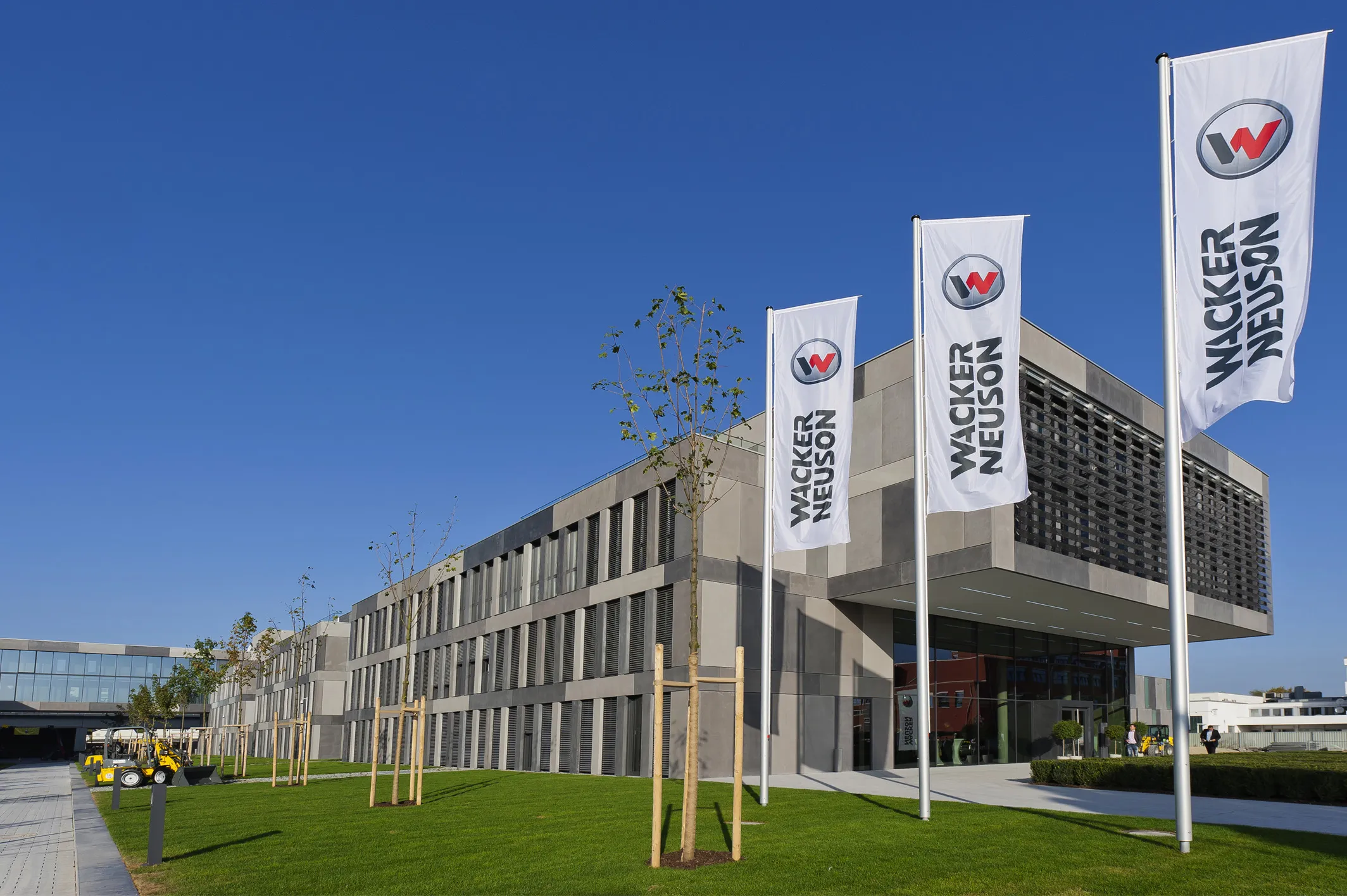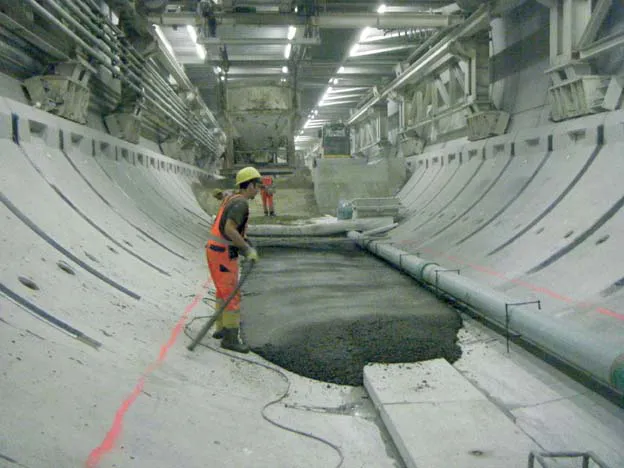A solution seems to have been found for Colombia’s long-running La Linea Tunnel project. Work has been delayed on the tunnel for a number of reasons and on a number of occasions, most recently due to funding issues. But previous delays were due to such diverse causes as technical challenges posed by the difficult conditions and a lack of suitable insurance cover. The Colombian Government has come to an agreement with the Segundo Centenario consortium building the tunnel that will see construction activity r
March 12, 2015
Read time: 2 mins
RSSA solution seems to have been found for Colombia’s long-running La Linea Tunnel project. Work has been delayed on the tunnel for a number of reasons and on a number of occasions, most recently due to funding issues. But previous delays were due to such diverse causes as technical challenges posed by the difficult conditions and a lack of suitable insurance cover.
The Colombian Government has come to an agreement with the Segundo Centenario consortium building the tunnel that will see construction activity recommence, according to Business News Americas. The US$363 million project has been the focus for major negotiations between both parties over the last few months while a solution has been searched for. Earlier this year, work stalled and the consortium faced having its contract cancelled by the state road authority2812 Invias. Meanwhile the consortium members were told they could face a ban from working on any state tenders for a five year period.
The Segundo Centenario consortium comprises 11 firms: Condux, Constructora Herreña Fronpeca Colombia, Álvarez y Collins, Constructora Carlos Collis, Constructora Montecarlo Vías, Túneles de Colombia, Construirte, Gaico Ingenieros Constructores, H&H Arquitectura and Feluca.
This new compromise deal means that the consortium has to complete the tunnel by the end of November 2016. An additional $125 million is being provided to pay for the completion work. The 8.5km tunnel will link Colombia’s capital Bogota with the country’s main port, Buenaventura, and was originally planned for completion by November 2014. The tunnel is around 75% complete and the project also includes the construction of a 24km highway. When the route is finished it will cut journey times for commuters and also for the many heavy trucks driving between the port and Bogota, as well as improving safety over the existing road.
The Colombian Government has come to an agreement with the Segundo Centenario consortium building the tunnel that will see construction activity recommence, according to Business News Americas. The US$363 million project has been the focus for major negotiations between both parties over the last few months while a solution has been searched for. Earlier this year, work stalled and the consortium faced having its contract cancelled by the state road authority
The Segundo Centenario consortium comprises 11 firms: Condux, Constructora Herreña Fronpeca Colombia, Álvarez y Collins, Constructora Carlos Collis, Constructora Montecarlo Vías, Túneles de Colombia, Construirte, Gaico Ingenieros Constructores, H&H Arquitectura and Feluca.
This new compromise deal means that the consortium has to complete the tunnel by the end of November 2016. An additional $125 million is being provided to pay for the completion work. The 8.5km tunnel will link Colombia’s capital Bogota with the country’s main port, Buenaventura, and was originally planned for completion by November 2014. The tunnel is around 75% complete and the project also includes the construction of a 24km highway. When the route is finished it will cut journey times for commuters and also for the many heavy trucks driving between the port and Bogota, as well as improving safety over the existing road.








